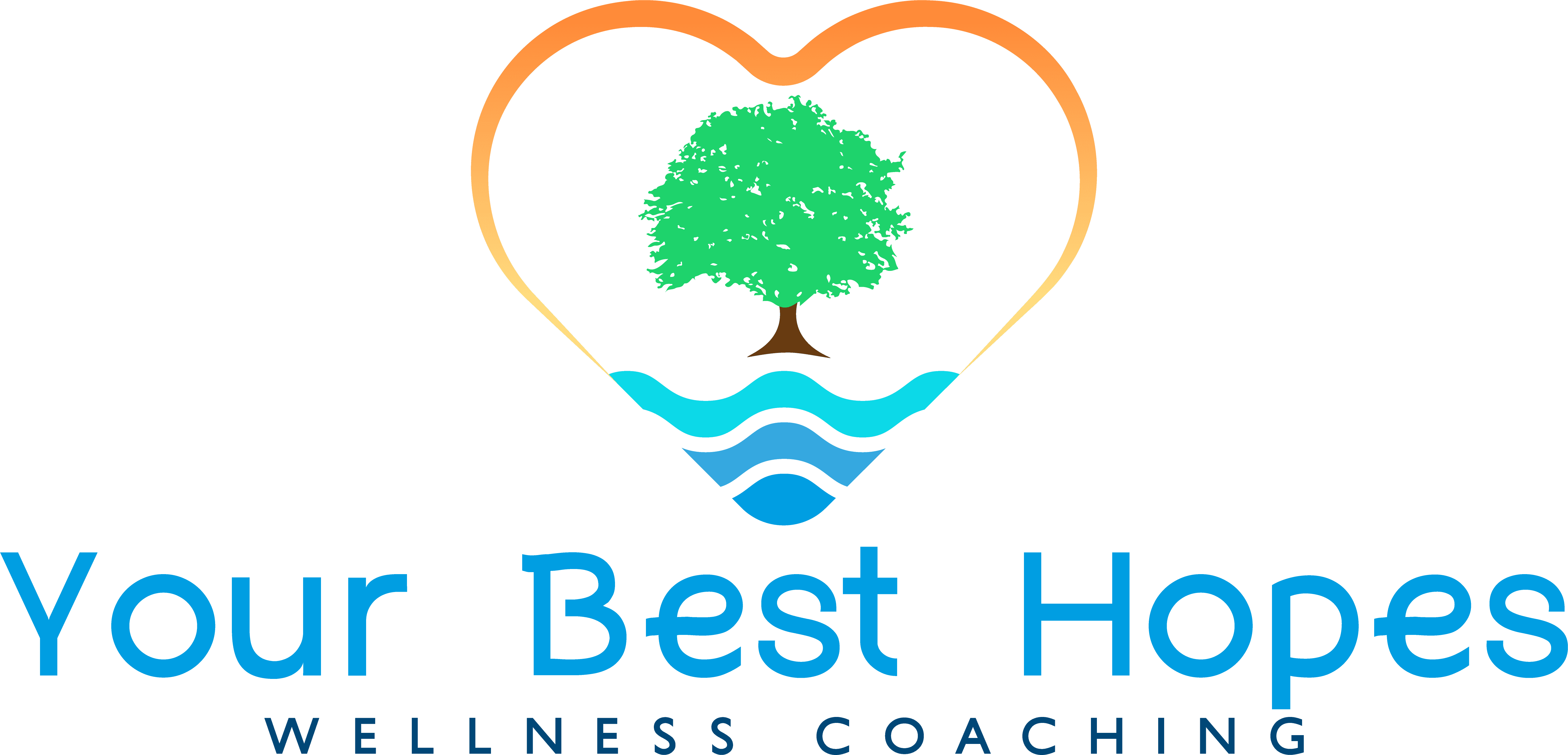In this wellness coaching work that I do, the word “empathy” comes up quite frequently. So, I decided to explore just what this word means as I see it portrayed in social media, in conversations among my professional coaching groups, and just within the context of life in general.
One of the quotes that resonates with me and how I relate to empathy comes from Brené Brown in her book Daring Greatly:
Empathy has no script. There is no right or wrong way to do it. It’s simply listening, holding space, withholding judgement, emotionally connecting and communicating that incredibly healing message of “you are not alone”.

I have this quote on my office door as it truly embodies what believe empathy to be. We tend to get caught up in the, “am I doing this right?” thinking when we offer ourselves in empathy. I think this is because we focus on trying to fix whatever is perceivably wrong in the life of that person who may need your empathy. And then we worry that we won’t be able to fix it or that we could possibly create more damage. So, in reality, we end up focusing on our own “performance”; the process becomes centered on the self rather than the person who needed you in the first place. Just how empathic is that then?
Why I subscribe to solution-focused based coaching is that the primary foundation of this approach has taught me is that it is not our job to “fix”. In fact, we don’t even need to know what the client’s problem is. The mere act of holding space and and being with that client no matter where he or she is in that moment is the empathic relationship. Again – no right or wrong in just plain being there. Letting that person be exactly who he or she needs to be in that moment.
Interestingly enough, as I was contemplating all of this, I heard a quote on a podcast that talked about what those who are Gen Z (born between 1995 and 2010) expect a workplace to provide. Surprisingly, it wasn’t more money, material goods, increased compensation in other areas, or even greater work-life balance. Their #1 answer? Empathy. Yes, empathy.
This Gen Z expectation caught my attention and gave me pause to consider what empathy specifically in the workplace might look like. Since I was already thinking about empathy in general, and also because I have a specific interest in occupational wellness, I really wanted to explore this further
Well, the Universe has a way of answering the call because just as I was rolling this around in my mind, an opportunity presented itself right on my office doorstep.
One of my co-workers has recently had intense family health issues that she has had to manage. This woman is an incredibly giving person, always putting the needs of others before those of herself. On this particular day, she happened by my office and didn’t appear to be her usual self. Normally, she is upbeat and positive, but at this time she seemed down and defeated.
Currently, our corporate culture tends toward, “if I ignore this, then I don’t have to deal with it” when we have a co-worker who is in difficulty. Turn and walk away. Gloss over it. Or even go so far as to say, “suck it up” or offer platitudes of “it’ll be alright” when we don’t even know what’s going on. This is the easy way out and keeps that barrier of insulation between us in the workplace.
But, that approach doesn’t sit well with me. Being mindful not to pry or cross personal comfort boundaries, when I see someone in difficulty I try to ask if he or she wants someone to listen or just be there in that moment. I look to that person to define the need, if any, and just try to provide what I can. So, I asked my co-worker how she was.
She could have said, “fine”, dismissing my inquiry. However, she chose to be vulnerable and entrusted me to be empathic to her struggles. So often we go about life, especially in the workplace (and doubly so in the healthcare sector), pretending to be emotional warriors and we hide that vulnerability. Well, it takes courage for the warrior to cry. And this warrior chose this moment to show great courage and she cried. She shared her anguish and the assault on her self-confidence she that she had recently experienced when trying to do all that she could to help her family who had the health issues.



We stood together in her space of sadness. I simply listened, withheld that judgement and let her know that she wasn’t alone. Just by being right there with her, in my office, in that moment. I let her be exactly who she needed to be in order to process that sadness and see that there were people in her workplace who cared enough not only to let her do that, but to stand with her in it.

Did I help? I don’t know. I’d like to think so. She did end the conversation smiling and even laughing a little, therefore, I would like to hope that she probably felt even a little better. But, what matters most, is that I intended to let her know that she could feel safe in being who she needed to be, take down the armor, and expose her emotional self. And it was okay by me because being truly empathic means you’re there for that someone, standing with him or her, and making that connection. No judgement. No expectation. Just being there and hoping that by being present, you will have made that someone feel even just a tiny bit better.
